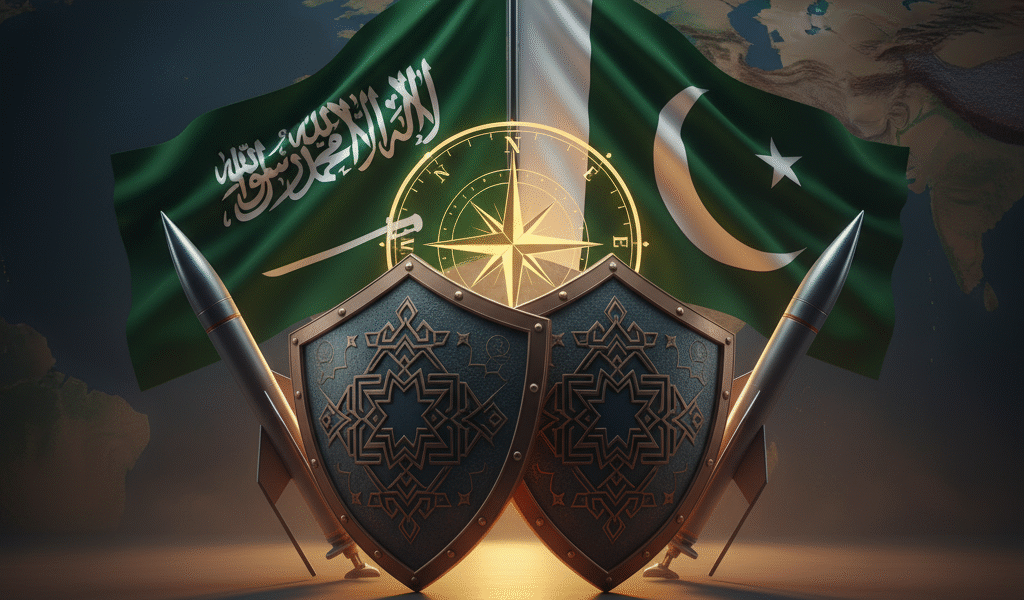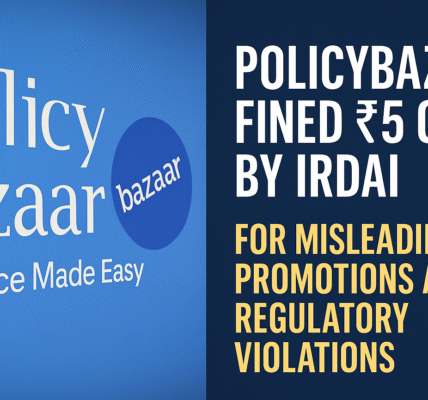Pakistan Saudi Arabia Defence Pact: Strategic Saver or Security Arrangement for a Volatile Middle East?
The Pakistan Saudi Arabia Defence Pact signals a major recalibration in Middle Eastern and South Asian geopolitics. This agreement, coming at a time of unprecedented regional volatility marked by Israel’s intensified actions against various militant groups and shifting alliances within the Arab world, is more than a routine bilateral deal. It reflects deep-seated anxieties about the region’s future security architecture and the waning of traditional security guarantees from the West, especially the United States.
Key Provisions and Geopolitical Context of Pakistan Saudi Arabia Defence Pact
The pact’s central clause—“any aggression against either country shall be considered an aggression against both”—elevates the relationship far beyond its previous ambiguous or informal security cooperation. It effectively pledges joint deterrence, encompassing all military capabilities, and deepens the decades-old connection between oil-rich Saudi Arabia and nuclear-armed Pakistan. Observers note that the move came swiftly after Israeli airstrikes in Doha that killed senior Hamas leaders, which in turn triggered widespread outrage in Arab capitals and led to a fresh security calculus.
Motivations: Changing Games in the Arab World
Saudi Arabia’s motivation for seeking such a comprehensive Pakistan Saudi Arabia Defence Pact must be seen through the prism of radical shifts in the region:
- The US defence umbrella is seen as less reliable, especially after recent regional developments.
- A surge in Israeli military intervention, jointly with the US, against militant outfits in Yemen, Iran, and Syria, has created new uncertainties and dangers for Arab regimes.
- Internal regional rivalries, with Qatar leveraging its role as a mediator and refusing to align with Riyadh fully, have eroded the semblance of a unified Arab front. Qatar hosting groups like Hamas and ongoing instability in Syria and Yemen exacerbate Saudi fears of being isolated or targeted on new fronts.
Why Pakistan? Strategic Calculus Despite Its Weaknesses
Critics wonder why Saudi Arabia would formalise such Pakistan Saudi Arabia Defence Pact with crisis-ridden Pakistan:
- Pakistan brings battlefield manpower—infamously providing “bhade ke tatto” (rented mercenaries)—and nuclear “insurance” to the wealthy but militarily more vulnerable Saudis.
- This agreement is intended to be a fail-safe: should the kingdom face attack or subversion anywhere from Yemen to its eastern provinces, it has the option to call on Pakistani forces and, by extension, a nuclear deterrent not explicitly available from the West.
- The pact also institutionalises the Pakistani military’s role in Saudi security planning, which many analysts say had been de facto policy for decades, now formalised for strategic necessity.
Pakistan Saudi Arabia Defence Pact Impact on India and Broader Regional Dynamics
Indian policymakers have reacted with caution but assured that relations with Saudi Arabia remain strong:
- The pact does embolden Pakistan with fresh financial support and political backing, potentially complicating South Asian stability in the future.
- However, Saudi assurances to India suggest that the new arrangement is meant as a backstop and not as a strategic tilt against New Delhi.
- Most Indian analysts agree that while the deal changes the threat perception, drawing a nuclear link between Pakistan and Saudi Arabia, it is not expected to fundamentally disrupt the growing economic and strategic ties between New Delhi and Riyadh.
Broader Implications of Pakistan Saudi Arabia Defence Pact: New Alliances and Uncertainties
- The pact marks a distinct shift away from the old US-centric security model toward an “Islamic NATO” of sorts, wherein Saudi Arabia hedges by anchoring its security with the only Muslim-majority nuclear power.
- With Washington’s credibility in doubt and Iran–Israel conflict zones simmering, Riyadh appears determined not to be caught off-guard—seeking explicit commitments not just from Islamabad, but potentially recalibrating its relationships across the Islamic world.
- Regional powers such as Qatar, which previously played a maverick mediator role, are likely to be further isolated if Riyadh seeks alliances with actors willing to provide tangible military guarantees—regardless of those actors’ reputations.
Conclusion
The Pakistan Saudi Arabia Defence Pact is a watershed moment—far more consequential than any previous cooperation between the two. Born from fears of unpredictability and shifting alignments in the wider Arab world, it represents a strategic insurance policy for Saudi royalty. For India and the rest of the region, the implications are real but manageable for now, as the geopolitical ground beneath the Middle East and South Asia continues to shift.
Pakistan Saudi Arabia Defence Pact, Saudi Pakistan mutual defense agreement, Middle East security alliance, geopolitical impact Saudi Pakistan ,nuclear-armed Pakistan Saudi deal, strategic partnership Saudi Arabia Pakistan, regional power dynamics Arab world, defense cooperation Pakistan Saudi Arabia, security arrangement Middle East, India Saudi Pakistan relations
#PakistanSaudiArabiaDefencePact #MiddleEastSecurity #Geopolitics #StrategicAlliance #RegionalPowerShift #DefenseStrategy #NuclearDeterrence #ArabWorld #PakistanSaudiRelations #SecurityArrangement
Discover more from
Subscribe to get the latest posts sent to your email.











2 COMMENTS